Animals
-
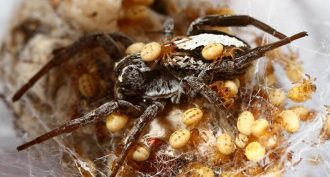 Animals
AnimalsWhat’s for dinner? Mom.
Female spiders of one species make the ultimate sacrifice when raising their young: The mothers feed themselves to their children.
By Susan Milius -
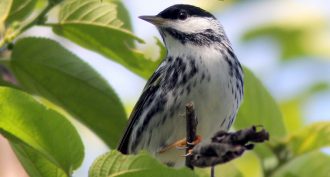 Animals
AnimalsNews Brief: Tiny songbird is mega-flier
With no pit stops for refueling, this tiny bird wings it from Canada to South America.
-
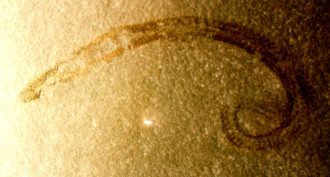 Animals
AnimalsScientists Say: Nematode
Nematodes are a group of related small worms found all over the world. They can cause disease, but they also can be useful for scientists to study.
-
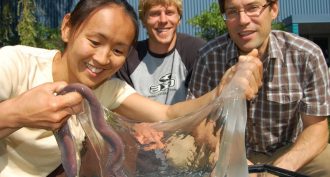 Health & Medicine
Health & MedicineSecrets of slime
Mucus—snot—can be so gross. It’s also critical for many animals, including hagfish, snails and people. Snot can rid our bodies of nasty bacteria and viruses. In other creatures, it can smooth the road or rough up predators.
By Roberta Kwok -
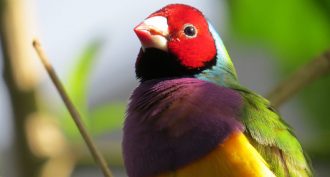 Animals
AnimalsMates or survival: Which explains a bird’s color?
When male birds are brightly colored, we assume that’s because their plumage attracts the gals. But a new study with thousands of museum specimens shows that sometimes survival is just as important a factor behind bird color.
-
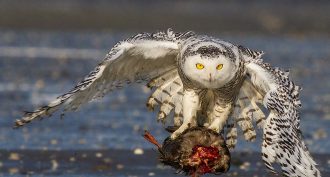 Animals
AnimalsScientists Say: Irruption
Sometimes populations of animals can suddenly increase. The word for that is irruption.
-
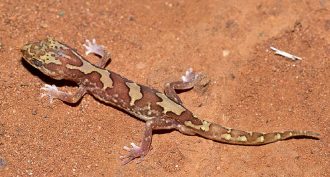 Animals
AnimalsWhy you’ll never see a dirty gecko
By knowing how a gecko’s skin works, could self-cleaning, water-repelling, antibacterial clothes be far behind?
By Ilima Loomis -
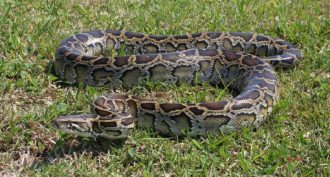 Animals
AnimalsNews Brief: Rabbit-hunting pythons are altering Everglades
Rabbits may breed rapidly, but not fast enough to compensate for the huge summer appetites of huge pythons roaming Florida’s Everglades.
By Susan Milius -
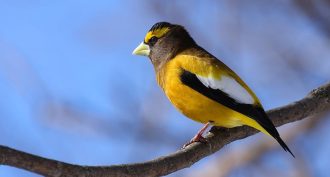 Animals
AnimalsFinding out why birds are out of range
Sometimes people see large numbers of birds outside of their normal range. A student examined how to predict these excursions.
-
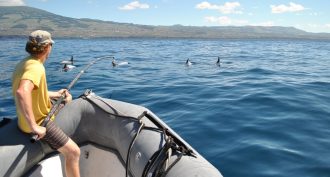 Animals
AnimalsThe social lives of whales
New tools are giving scientists an unprecedented glimpse into the behaviors of whales and dolphins. And these new data are upending long-held assumptions.
By Eric Wagner -
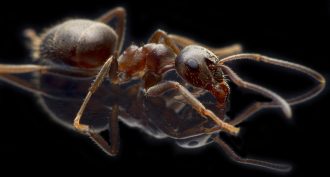 Animals
AnimalsWhere an ant goes when it’s gotta go
The black garden ant has been spotted defecating inside its own nest. Scientists now characterize these spots as ant toilets.
-
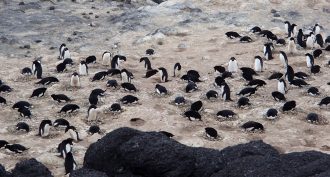 Animals
AnimalsPenguins? How tasteless
Penguins may look all dressed up in tuxedo-wear, but their taste buds are the bare minimum. This means that the birds will never sense more than a hint of their meals’ true flavors.